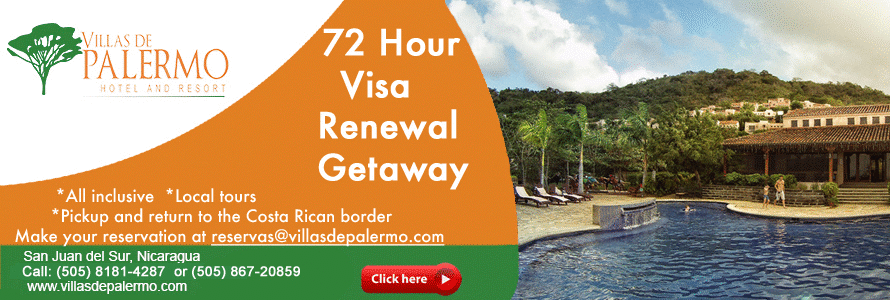
|
||
|
-Published: Thursday, November 28, 2019 U.N. High
Commissioner Michelle Bachelet will visit Costa
Rica next week
By the A.M. Costa Rica staff The United Nations High Commissioner for Human Rights, Michelle Bachelet, will be in Costa Rica from Monday through Wednesday, reported Presidential House. “Our country is extremely pleased to announce this news, said President Carlos Alvarado Tuesday at a press conference. "With the presence of the high commissioner, Costa Rica renews its vocation and historical commitment to respect, promote and protect the universal system of human rights." Bachelet's visit came from a request made in February by First Vice President Epsy Campbell Barr, during Campbell's trip to the 40th Session of the United Nations Human Rights Council in Geneva, Switzerland. At that meeting, the high commissioner expressed her intention to coordinate with the government of Costa Rica the Seminar on Afro-descendant Women, which will take place in Costa Rica next week. The Seminar of Afro-descendant Women of Latin America, where the participation of more than 150 people is expected, will be the only public activity in which Bachelet participates during his stay in Costa Rica, said Presidential House. On her agenda, Bachelet will meet with other government officials such as ministers and members of the Human Rights Commission. Bachelet will be received by Vice President Campbell because President Alvarado will be traveling to Uruguay and Spain. Related to a recent release on human rights in Central America, on Nov. 21 hemispheric officials who studied the crisis in Nicaragua now want the full General Assembly of the Organization of American States to address the issue in a special session. As expected, the high-level committee set up Aug. 29 determined that Nicaragua is experiencing a critical human rights situation that urgently demands the attention of the Inter-American community and the world at large. In addition the lack of freedoms in the country has become desperate, creating a critical situation with regards to civil and political liberties, which must be reestablished in order to restore the rule of law in the country, the commission said, adding that the restoration of freedoms in the country, including its suppressed civil and political liberties, is a matter of urgency, and that it calls on Nicaragua to act accordingly, particularly with respect to the freedoms of expression, of assembly, and of demonstration and the right of protest. The commission urged the General Assembly to consider the matter in light of Article 20 which provides for expulsion of a member country where the constitutional regime has broken down. The Organization of American States has 34 participating members of the countries of the Western Hemisphere. Article 20 is infrequently applied. The commission said the government of Nicaragua refused to meet the commission which was created as a diplomatic effort by the General Assembly and prohibited its members from entering Nicaragua. Still, the commission said it conducted its study, in part, with interviews with important witnesses permitted by the governments of Argentina, Canada, Jamaica, Paraguay, the United States and El Salvador. The commission was set up to make diplomatic efforts to seek a peaceful and effective solution to the political and social crisis in Nicaragua and to submit its report within a maximum of 75 days, a short deadline in diplomatic circles. A handful of ambassador-level diplomats headed the commission. Basically, the report said that the government of Nicaragua was ignoring its own constitution and has shown a pattern of efforts designed to curtail the rights of its citizens, including ongoing harassment and intimidation, restrictions of political rights, freedom of the press, freedom of expression, the right to personal liberty and human treatment. The commission said that an effort should be made to make electoral reform a priority in Nicaragua. That appears to mean easing the tense situation with new elections that meet international standards for fairness. The report of the high-level commission on Nicaragua, can be reached at the Organization of American States site. ------------------------ What exactly will the General Assembly do to address the Nicaragua issue? We would like to know your thoughts on this story. Send your comments to news@amcostarica.com |
 |
|
...
|
|















